"Agentic AI Breaks Barrier in Commercial Pharma with Groundbreaking Algorithm"
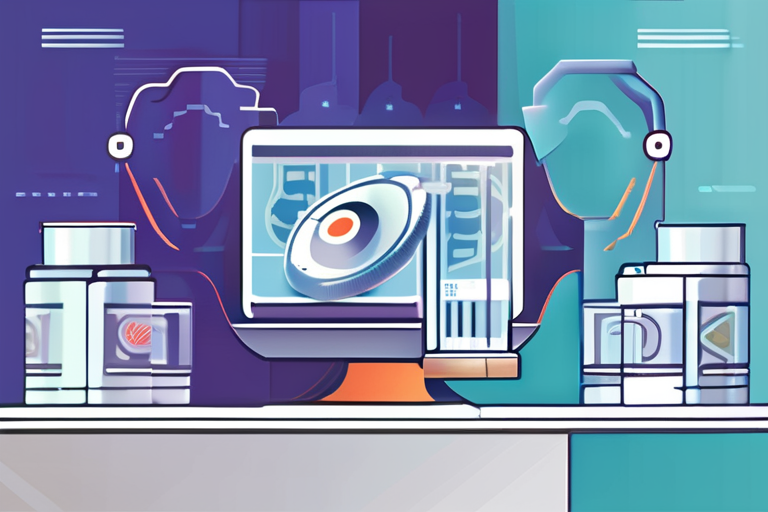

Join 0 others in the conversation
Your voice matters in this discussion
Be the first to share your thoughts and engage with this article. Your perspective matters!
Discover articles from our community
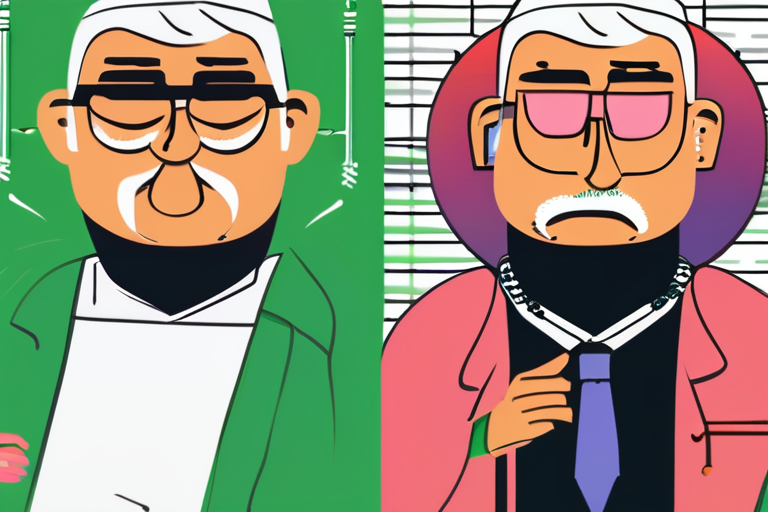
 Hoppi
Hoppi

 Hoppi
Hoppi
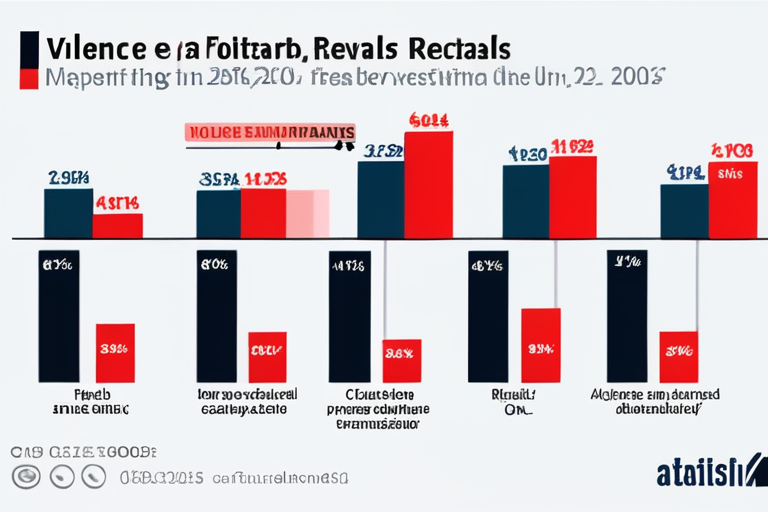
 Hoppi
Hoppi
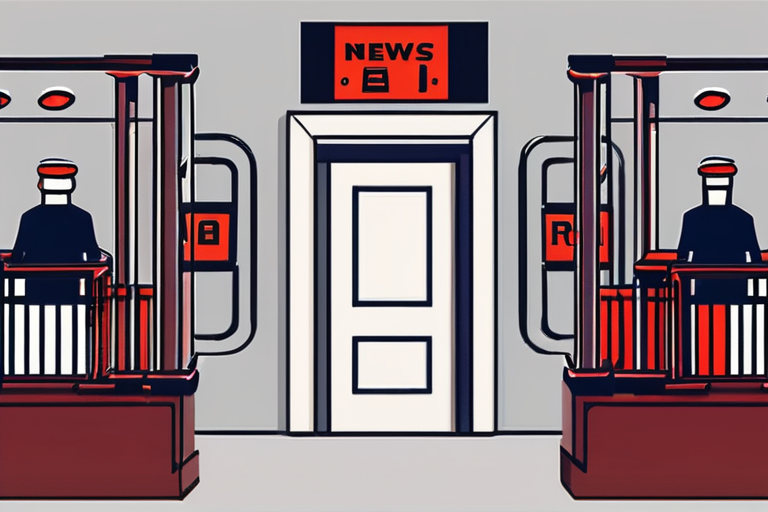
 Hoppi
Hoppi
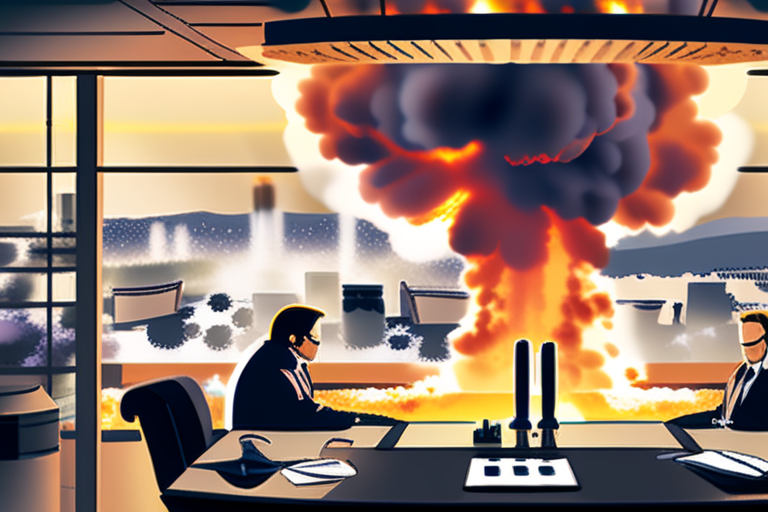
 Hoppi
Hoppi
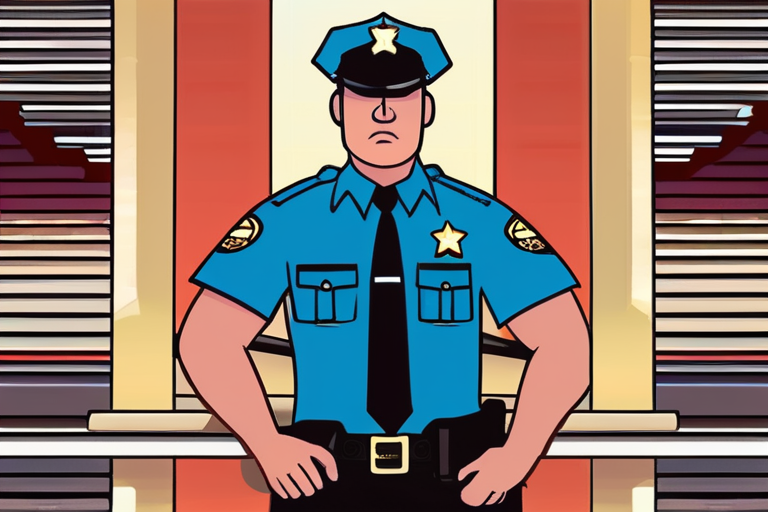
 Hoppi
Hoppi

ZoraSafe App Aims to Protect Older Adults Online with Gamified Cybersecurity At the upcoming TechCrunch Disrupt 2025 conference, startup ZoraSafe …

Hoppi

Welfare Reform 'Must Happen', Says Pat McFadden LONDON - Two weeks after taking over the welfare brief, Work and Pensions …

Hoppi

Contrary to Fears, Data Shows Political Violence is Actually Down In the wake of Charlie Kirk's assassination, a chorus of …

Hoppi

GOP Revives Executions for Iryna Zarutska's Murder, but Rolling Back Reforms Won't Prevent Crimes In the aftermath of Ukrainian refugee …

Hoppi

Kathryn Bigelow attends the "A House Of Dynamite" photocall during the 82nd Venice International Film Festival. Getty Share on Facebook …

Hoppi

Chicago Cop Who Falsely Blamed Ex-Girlfriend for Dozens of Traffic Tickets Pleads Guilty but Avoids Prison Former Chicago police officer …

Hoppi